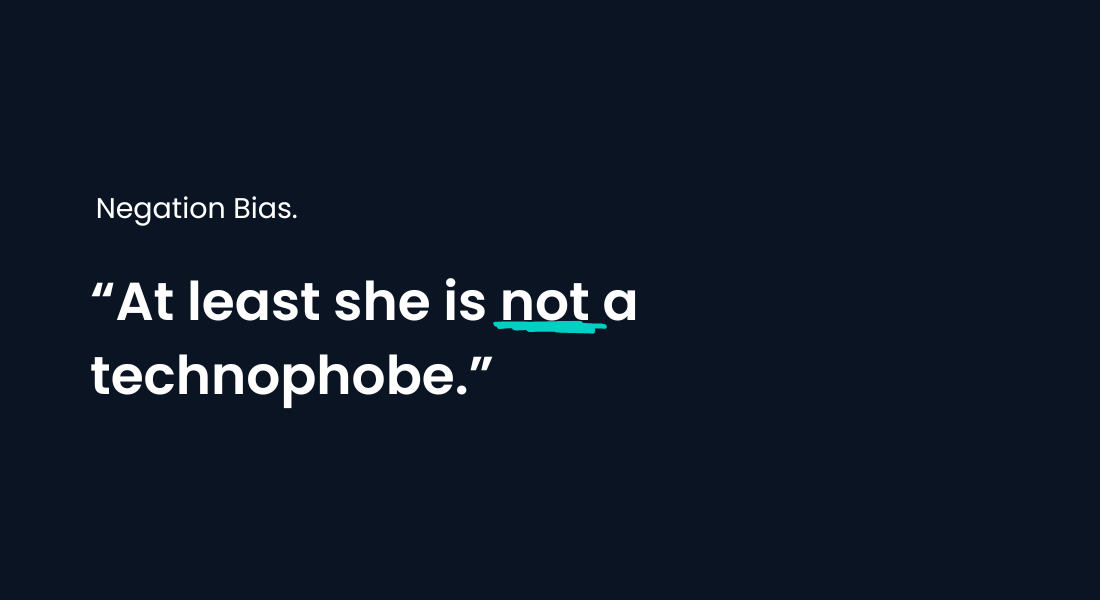
Artikel
28
maart
Follow us on Social Media
Some Categories
Recent posts

November 22, 2024
Loonkosten 2025: hier kun je als werkgever op rekenen

November 20, 2024
Books Article

November 19, 2024
Hoe Aristoteles nu zorgt voor impactvolle communicatie

November 16, 2024
Loonkosten 2025: hier kun je als werkgever op rekenen

November 09, 2024
Dit betekent het regeerakkoord voor jou als ondernemer

 Inloggen
Inloggen
 Registreren
Registreren






Comments (0)
No reviews found
Add Comment